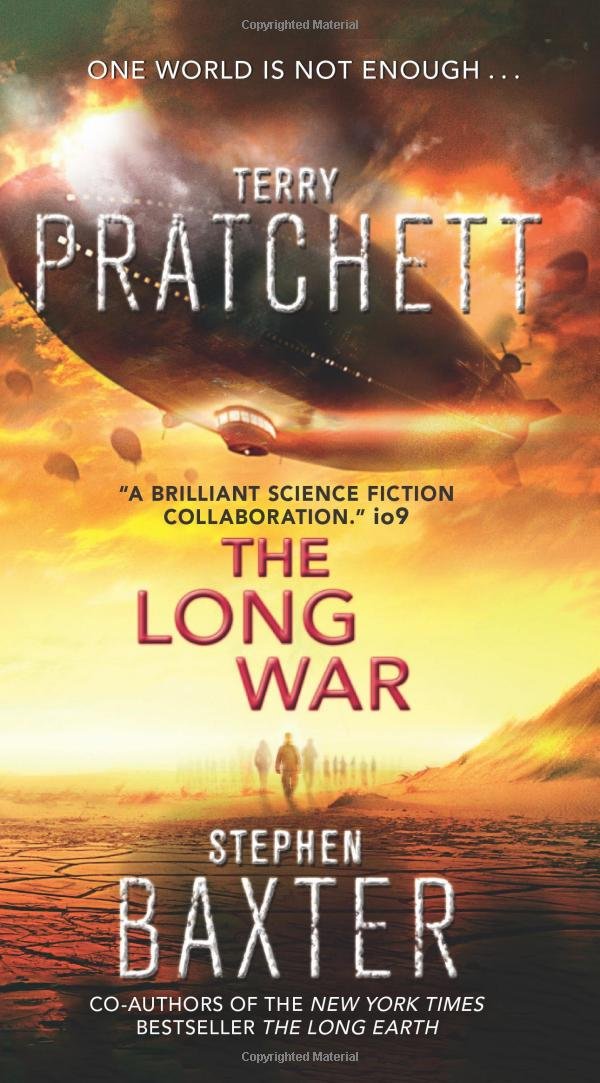If you use MSWord, or any other conventional commercial wordprocessor to do your writing, you may have used a "grammar checking" feature.
You might well expect me to put scare quotes around "grammar checking" but actually this feature in MSWord is pretty innocent, and for many people, extremely useful. I find the spell check dictionaries far more harmful, as they create false segregations. A whole generation of English speakers the world over is coming to believe that there clear divisions in spelling between the US and the UK, when until recently this has only been true for two spelling rules: meter/metre and color/colour.
You can learn a great deal from the grammar check - not least from realizing when it's wrong. If you're an author, run the grammar check on your latest manuscript. It will flag hundreds of "sentence fragments."
This is because in fiction it is extremely common to work in incomplete sentences. So common, in fact, that treating them as an error is definitely an error.
Grammarians often talk about parts of speech getting elided. Elision is when a word or phrase is left out, usually because it is implied by the context, so not really needed. When the main verb of a sentence gets elided, the sentence will be, to old school grammarians, ungrammatical*.
This is because we get our language via a tortuous, mixed and messy descent from a disorderly jumble of languages most of which at some point diverged from a common root (know as PIE, proto-indo-european), and then came back together at different times in different places, and at different speeds... whereas our grammar - our language for describing language - comes more or less directly from Latin.
There is a profound difference between Latin and modern English. A difference so profound that unless you're an author using the grammar check in MSWord, you might never notice it.
In Latin, the Verb is God. In English, Context is Everything.
In Latin, an entire sentence can be contained in a single verb. In Latin the verb is so important that for preference, it is placed at the very end of the sentence, as if to ensure that you have an opportunity to give a fair hearing to all the other words before the verb takes over.
English can function without verbs. Not always. Some verbs can't be left out. "can" is a good example. But notice that I just wrote "not always" as a complete sentence, which it was. A grammarian would say that I elided "it does" - not just the verb, but the subject too.
But calling it "ellipsis" suggests that I'm thinking those words, just not saying or writing them. Nonsense! I'm not thinking them. The ideas that become words somewhere between my thoughts and my fingertips are limited to the core meaning that I want to convey. When I exclaim "nonsense!" I'm thinking "nonsense!" not "that is nonsense!".
In modern English we can, and frequently, manage without verbs. Not to seek or distract attention, but just because we don't always need them. Meaning matters. In modern English, meaning trumps grammar.
In fairness, this is mostly because grammar as a tool for describing language is sometimes not quite up to the task. As a tool for constructing proper syntax, grammar is as much a disaster as trying to construct a heroic fantasy by slavishly building a hero's journey.
In the end, single sentences, and whole stories, come from the same place: a meaning, that you need to communicate to others. A simple message might take a few words. A complex lesson might take a whole story. The meaning of life probably takes a lifetime of reading and writing to communicate.
____
* In fact, the word 'ellipsis' is often used for when a word or words are left out *cough* by ignorance or accident. This is apologism. Grammarians want to be able to say that it isn't the description that is at fault, but the object being described. I'll leave you to judge for yourself.


